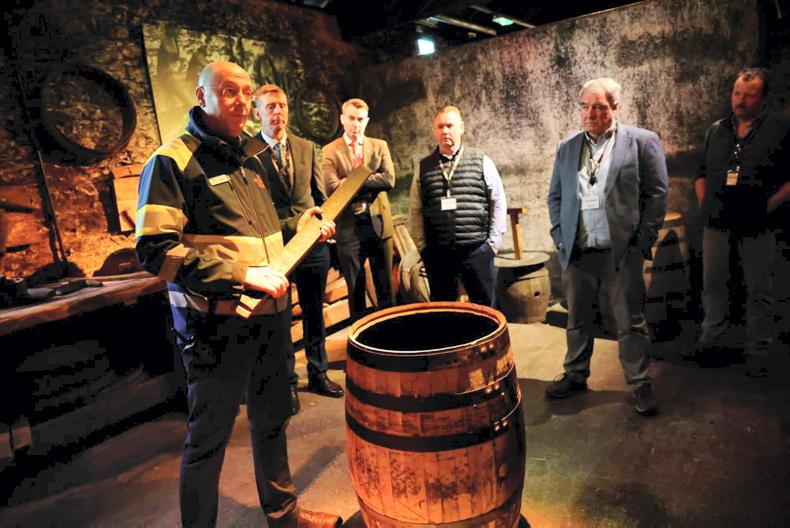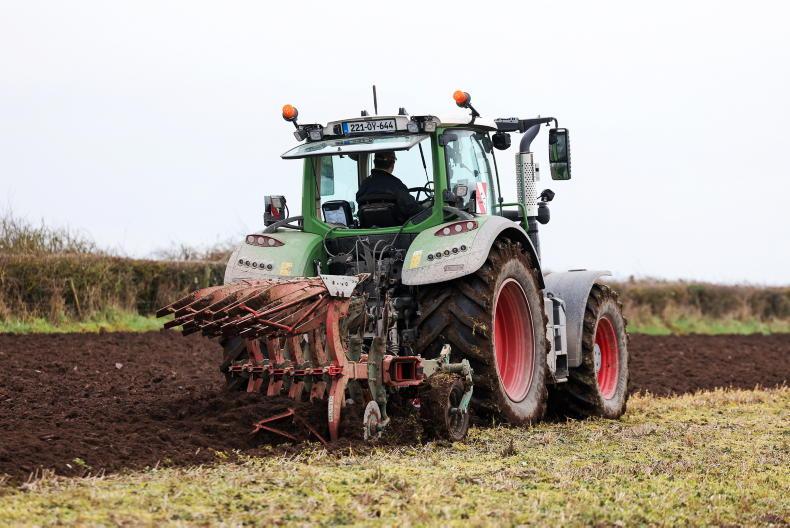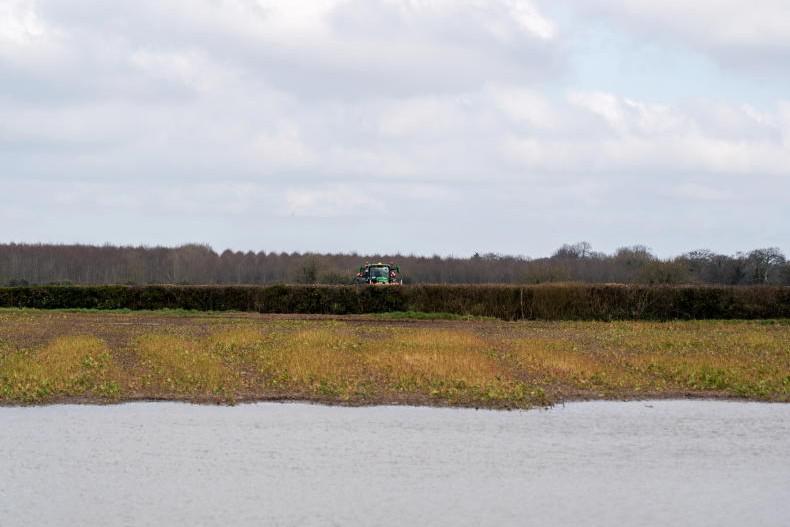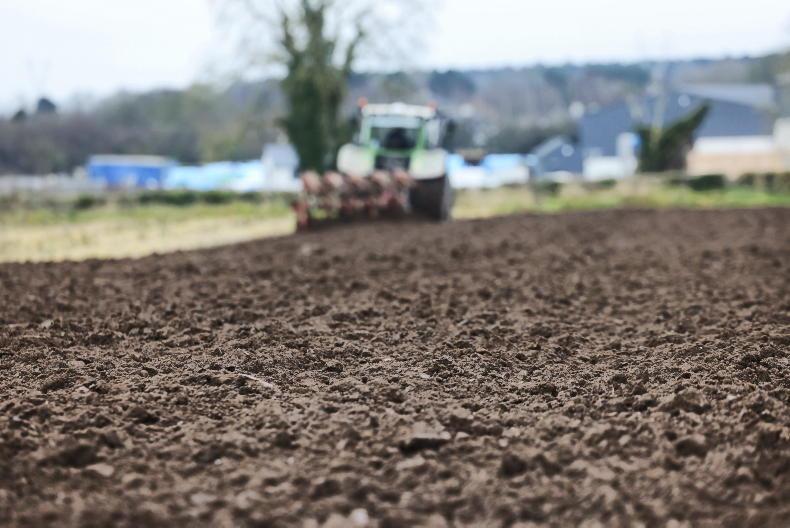Weather
The weather has been good in the last few days. Some have taken the decision to plant beans and others have been ploughing. There is a storm on the way. We will see what rain that brings and how it will affect field work.
Beans
Some farmers have been planting beans in the last few days. The recommended list came out last week, so those ordering seed should take a look at it. There have been some changes, with Protina now topping the four varieties on yield. You can see the list on the tillage pages 34-35. Aiming to plant early in February and March can help with harvest date. There’s still a long time to go for the weather to change. Planting now and indeed into February comes with risks from wet ground conditions and crows. If you are sowing make sure to plant seeds deep and keep a look out for crows. One of the advantages of planting beans is that you can use different herbicides on them to cereal crops.Try and get a pre-emergence herbicide onto bean crops. If you are home-saving seed, you should get that seed tested by the Department for stem nematode and disease. Certified seed gives confidence on this. Beans need a soil pH of over 6.5, so make sure you are planting into a suitable site. Apply lime where needed.
Rotation
The requirement to rotate crops under CAP has now been officially removed by the Department of Agriculture who were waiting on European Commission approval. All farmers must take part in crop diversification, planting two crops between 10-30ha and planting three crops over 30ha. However, the requirement to have a different crop in each parcel one in every four years is now gone. Farmers can still take part in this measure and if they do they need to do it for the whole of the current CAP term, but you do not have to do it and should make sure you have everything right on your application with your adviser.
Fertiliser
A lot of farmers are currently making decisions on fertiliser and whether to buy or not. The one thing you do need is your fertiliser plan. Do this yourself or get an adviser to do it and make sure you know what fertiliser is needed for different crops. You can then purchase when you decide.
Tillage Conference
The Teagasc National Tillage Conference will take place on Wednesday 29 January at the Lyrath Conference Centre in Co Kilkenny. Registration is from 9am and the conference kicks off at 9.45am. Topics on the day include the future of disease, weed and pest control and what lies ahead for integrated pest management, sustainable crop production and carbon, nitrogen and crop establishment elements and opportunities and challenges of legume intercropping. After dinner you can take part in three of four workshops; on-farm research to optimise production, a weed clinic, environmental credentials of tillage and the future role of AgNav, disease control decisions for 2025 and beyond. The conference will close at 4.30pm.










SHARING OPTIONS